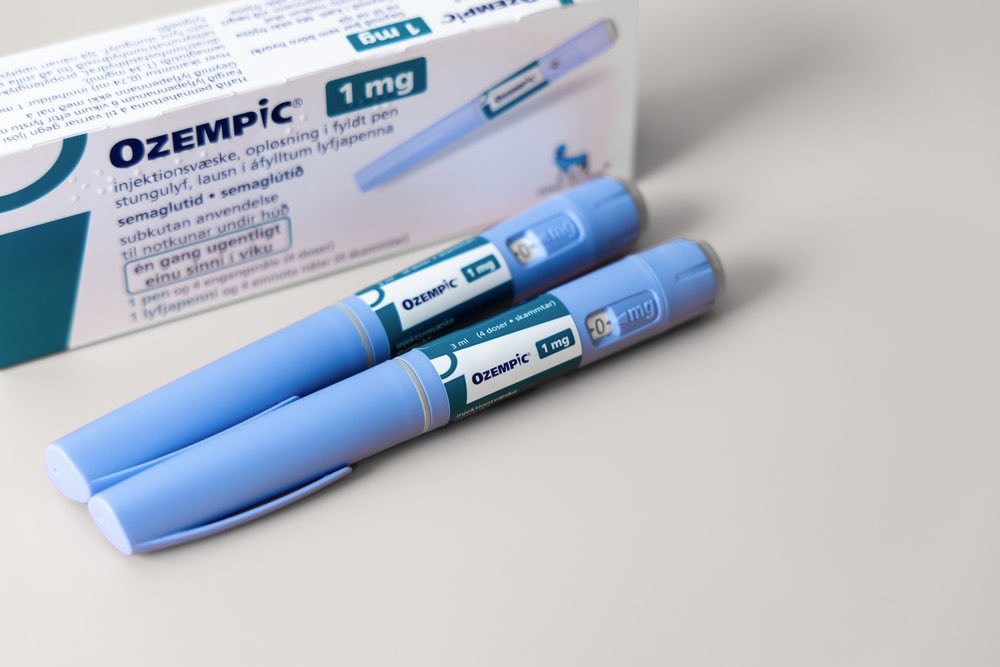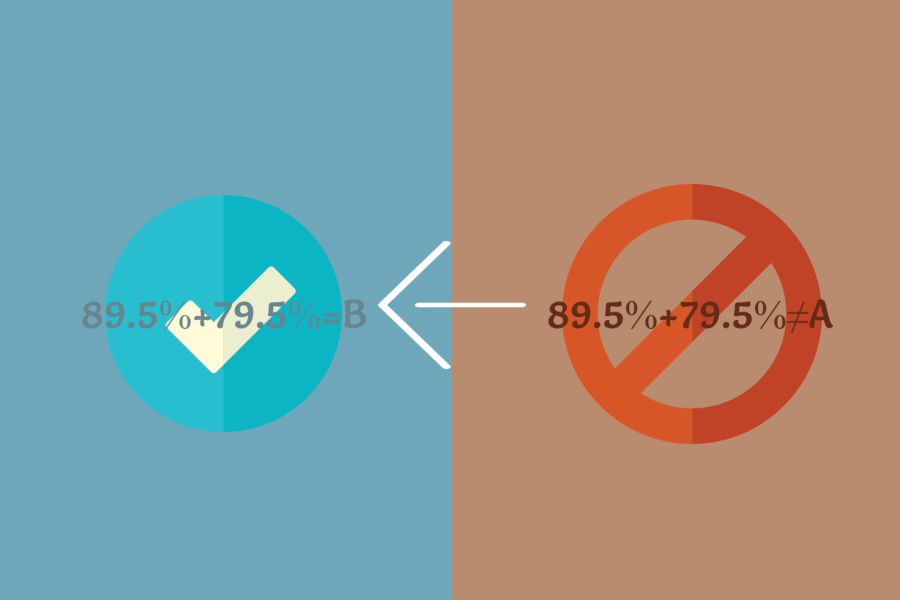In recent years, the demand for weight loss drugs has skyrocketed, fueled by celebrity influences, social media trends and the demand for shortcuts to obtain the perceived ideal health and body standard. According to the CDC, over 40% of U.S. adults struggle with obesity, and 31% are labeled as overweight. 65% of Americans report that willpower alone usually isn’t enough motivation to lose weight. As a result, new weight loss drugs such as Ozempic, Wegovy and Zepbound have peaked in popularity.
Originally approved to treat diabetes in 2017, semaglutide — the hormone found in Ozempic and GLP-1 medication — has become one of the most sought-after prescription drugs. Additionally, the number of prescriptions has nearly tripled each year since 2021.
Semaglutide targets certain gut hormones that heavily limit appetite, which forces consumers to lose approximately 12%-20% of their body fat over time. This weight loss can be life-changing for many overweight patients who struggle in everyday activities. Studies have also shown that the drug reduces high blood pressure, the chance of heart attacks and other health risks. However, while the effects of these drugs may seem beneficial, there are many unknown risks and long-term uncertainties. The drug initiates various side effects from taking each weekly injection, like nausea and hair loss. This fact alone has either urged people to take lower doses or ignore it, with some continuing to use the medication despite the discomfort. Additionally, once an individual is on the drug, they must stay consistent to keep their desired weight as patients who stop taking the drug gain back their weight, resulting in potential negative health effects.
The FDA’s requirements for prescribing semaglutide have sparked debate on how and who can get access. Only those who meet certain criteria — like specific ages, body mass index and medical conditions — are FDA-approved to receive the drug. However, both doctors and individuals have found exceptions to these rules. Although these exceptions have been beneficial for patients in need, it has also raised questions about the accessibility of the drugs, and whether individuals are taking them for their intended use. Suneil Koliwad, UCSF’s chief of endocrinology and metabolism is an expert in diabetes and obesity and speaks on this issue in an interview with the UCSF magazine.
“There are different reasons why people want to lose weight,” Koliwad told UCFS. “One is that, medically, the weight loss will allow them to be healthier. But depending on the individual, the most powerful reason might be cosmetic.”
As the prescription drugs market expands, individuals have begun using semaglutides for cosmetic purposes. However, certain side effects can be dangerous when not used for pure medical use or diabetic treatment. A common side effect is “ozempic face,” a phenomenon where the drug causes an increase in facial lines and wrinkles, loose skin and creates a hollowed-out appearance. According to Northwell EDU, the results of this are a “source of anxiety for those undergoing treatment” and doctors urge patients to consider the implications of cosmetic use seriously.
Another topic of debate is the price of semaglutide. A large number of obese patients who need medication aren’t able to afford it, as the price ranges from $900 to $1,400 per month. Since it’s easily accessible to wealthier individuals, celebrities and people with comprehensive health insurance, those in lower socioeconomic brackets are unable to access these life-changing treatments.
Despite the issues that have arisen with pharmaceutical weight loss drugs, the effects have aided millions in pursuing a more healthy and stress-free life. Many of the medications have also exhibited multiple benefits besides weight treatment. On Dec. 28, the FDA approved ZepBound for sleep apnea.
In an interview, Sally Seymour, (M.D), director of the Division of Pulmonology, Allergy, and Critical Care in the FDA’s Center for Drug Evaluation and Research spoke on the additional use of Zepbound outside of just obesity treatment.
“Today’s approval marks the first drug treatment option for certain patients with obstructive sleep apnea,” Seymour said. “This is a major step forward for patients with obstructive sleep apnea.”
Since semaglutide combats excessive appetite, studies show it also counters cravings for certain substances. According to Healthline, those using Ozempic, Wegovy, and other GLP-1 agonists crave less alcohol and other substances, including nicotine. One Anonymous GLP-1 user reported their significant weight loss and other benefits from taking injections each week.
“I feel so much healthier and it’s forced me to drink more water as well,” said the user. “My craving for alcohol has also decreased, and I listen to my body a lot more.”

















Ajay Sood • Feb 5, 2025 at 2:18 pm
I love this article, i think it is very in depth and outlines that important information!